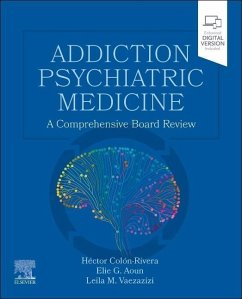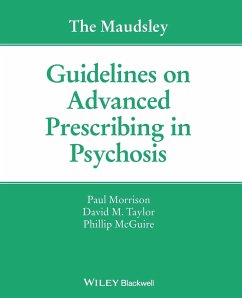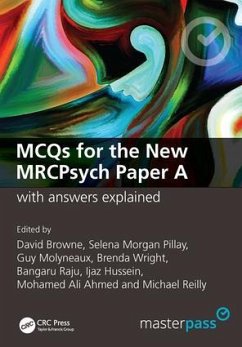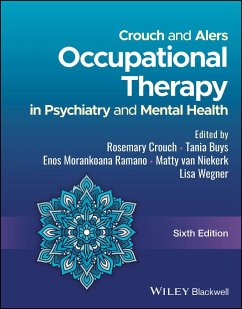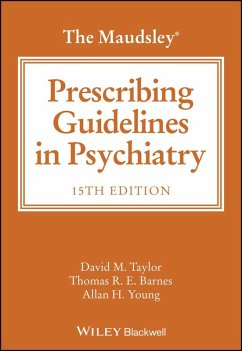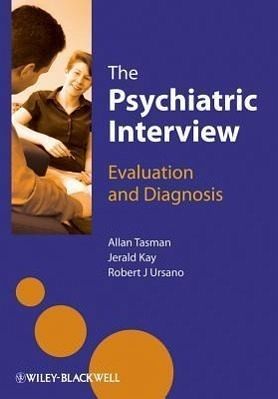
Allan Tasman (USA University of Louisville School of Medicine)Jerald Kay (USA Wright State University)Robert Ursano (Uniformed Services University of Health)
Gebundenes Buch
The Psychiatric Interview
Evaluation and Diagnosis
Versandkostenfrei!
Versandfertig in 2-4 Wochen
Weitere Ausgaben:

PAYBACK Punkte
39 °P sammeln!




The American Board of Psychiatry and Neurology and the Accrediting Council on Graduate Medical Education identify interviewing skills as a core competency for psychiatric residents. This title offers an approach to this topic that fulfills the need for training in biopsychosocial assessment and diagnosis.
Allan Tasman, MD, is Professor and Chair of the Department of Psychiatry at the University of Louisville. An internationally known educator and psychoanalyst, he has received numerous national and international academic awards. He is the founding Senior Editor of Psychiatry, an internationally acclaimed comprehensive textbook. He is past president of the American Psychiatric Association and the Pacific Rim College of Psychiatrists. He recently completed service as Secretary for Education of the World Psychiatric Association and now leads the WPA Section on Psychotherapy. Dr. Kay is a Fellow of the American College of Psychiatrists and Distinguished Life Fellow of the American Psychiatric Association and has served as the chair of the APA Committee on Medical Student Education, the Council on Medical Education and Career Development, the Vestermark Award Board, and the Committee on the Practice of Psychotherapy. He chairs the World Psychiatric Association Task Force on Undergraduate and Post Graduate Curriculum as well as the APA Committee on College Mental Health. Dr. Kay is the immediate past chair of the Psychiatry Residency Review Committee of the ACGME and the Founding Editor of the Journal of Psychotherapy Practice and Research and Associate Editor of the American Journal of Psychotherapy . He has published extensively on the topics of medical and psychiatric education, medical ethics, child psychiatry, psychoanalysis, psychotherapy, the neurobiology of psychotherapy, and psychosocial aspects of AIDS and of cardiac transplantation, and has edited numerous books. Dr. Kay serves as the Associate Director of the Comprehensive Neuroscience Center at Wright State University. He received the 2001 APA Seymour Vestermark Award for contributions to psychiatric education. Dr. Kay's current research examines fMRI in borderline personality disordered patients with self-harm behavior.
Produktdetails
- Verlag: John Wiley and Sons Ltd
- Seitenzahl: 208
- Erscheinungstermin: 12. Juli 2013
- Englisch
- Abmessung: 244mm x 173mm x 15mm
- Gewicht: 480g
- ISBN-13: 9781119976233
- ISBN-10: 1119976235
- Artikelnr.: 34754360
Herstellerkennzeichnung
Libri GmbH
Europaallee 1
36244 Bad Hersfeld
gpsr@libri.de
Für dieses Produkt wurde noch keine Bewertung abgegeben. Wir würden uns sehr freuen, wenn du die erste Bewertung schreibst!
Eine Bewertung schreiben
Eine Bewertung schreiben
Andere Kunden interessierten sich für



